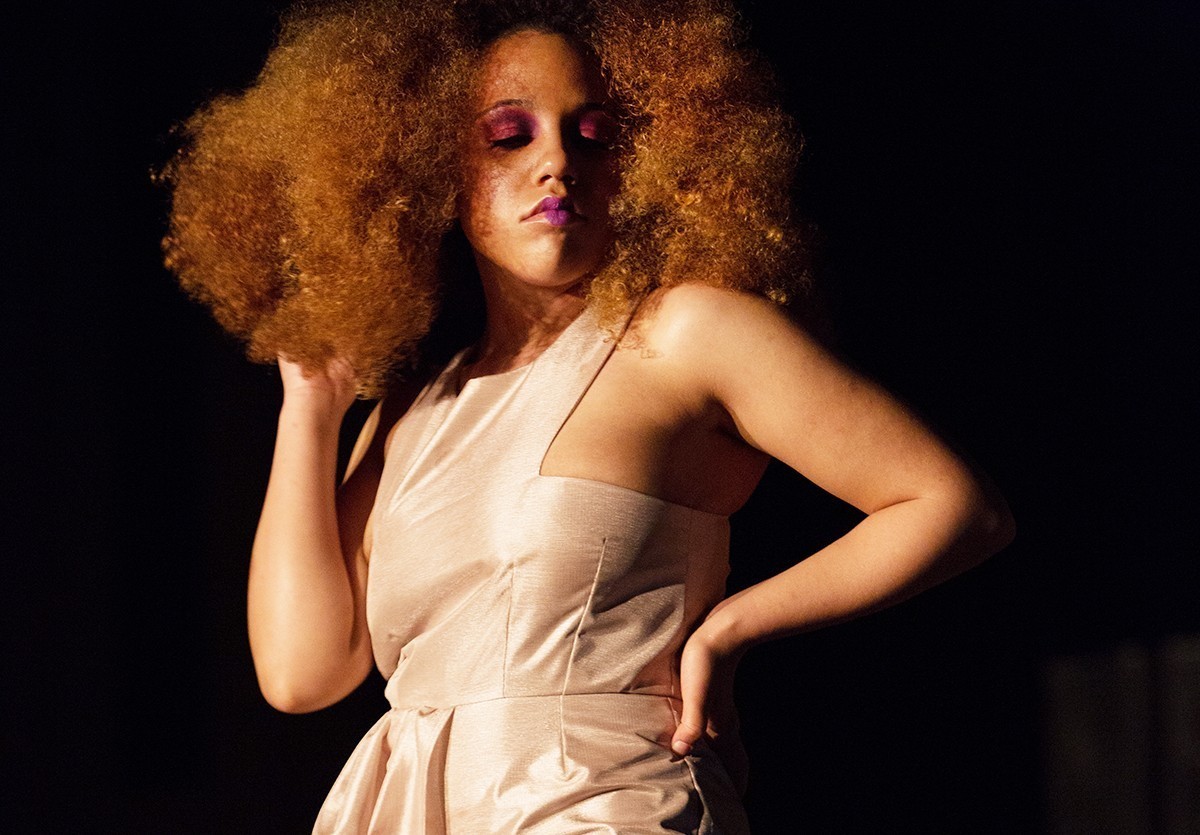Photos courtesy of Sampson Jacobs taken during the ninth annual hair show in April 2015.
The University of Rhode Island’s organization, Student Alliance for the Welfare of Africa (SAWA), has just completed their auditions for their spring hair show, an event that aims to spread awareness of African culture around campus.
SAWA is an organization that has been present on campus for more than 10 years. Their main goal is to be able to show the URI community that African culture is important and should be celebrated. Every member of this alliance aims to show African culture in a positive light and show others that their heritage should be appreciated. In order to reach their goal, SAWA organizes many events throughout the year, but their annual spring hair show really allows the members to have an outlet and share the aspects of their culture with their peers.
“It’s really a chance to display the cultures around campus but also to highlight African culture, so in every show that we do, we try to integrate an African scene,” SAWA President Lola Ojutiku said. “It’s just a way to educate the URI community about what we do and what we are about.”
The hair show presents different African hairstyles that are significantly popular in African culture. Hair is a popular form of expression for African Americans. The different styles they choose, allow them to show their peers a little bit of their personality and how they want to express themselves. To share this part of African culture, SAWA created the hair show eight years ago.
“Hair is a very significant part of African culture and I’ll say black culture in general. So someone like me has probably had five different hairstyles this year,” Ojutiku said. “I have always seen it as a way we tell our stories. Our hair is very versatile so a lot can be done with it. It can change shape, it can change texture.”
Alexa Ortega, secretary of SAWA, also expressed how hair is one of the only ways they choose to truly express themselves. Both women explained how there are many ways they choose to style their hair throughout the year to show their fun personality or maybe how they are feeling the particular day they change their hairstyle.
Ortega and Ojutiku were both passionate about their ethnicity and how they aim to share the importance of expressing their culture around campus. SAWA gives them an outlet to be able to spread their culture and provides them with a great opportunity to meet others with the same ethnicity and experiences.
“I feel like without SAWA, a lot of students would feel like they wouldn’t have that visibility, they wouldnt have that safe space to just be themselves and embrace who they actually are,” Ortega said. “For minorities and people of color on campus, identity is huge, so if you don’t have that outlet for your struggles or just people that can connect with you on a different level, it can really change your experience at a college campus.”
SAWA encourages anyone of African descent to join their alliance to continue spreading their culture around campus. Even during their auditions, the members allowed anyone of any gender, race and sexuality to audition to be a model in their show.
Ultimately, SAWA aims to show their acceptance of any person on in the URI community. In order to have African culture be accepted and appreciated, the members of SAWA felt that they personally needed to accept everyone else as well. The group encourages everyone to attend their hair show in the spring in order to experience a side of African culture they may never have before.
“What people mostly get from hair show is, a feeling of empowerment because we cultivate the ability to let people be creative. We also cultivate a lot of confidence,” Ortega said. “Mainly all of our models are all students that attend this university and primarily students of color who already feel marginalized and underrepresented as a whole. And the fact that we provide this opportunity for them to come and feel like a star, even if it’s for one night, it’s so deep and the message can resonate with anybody.”

